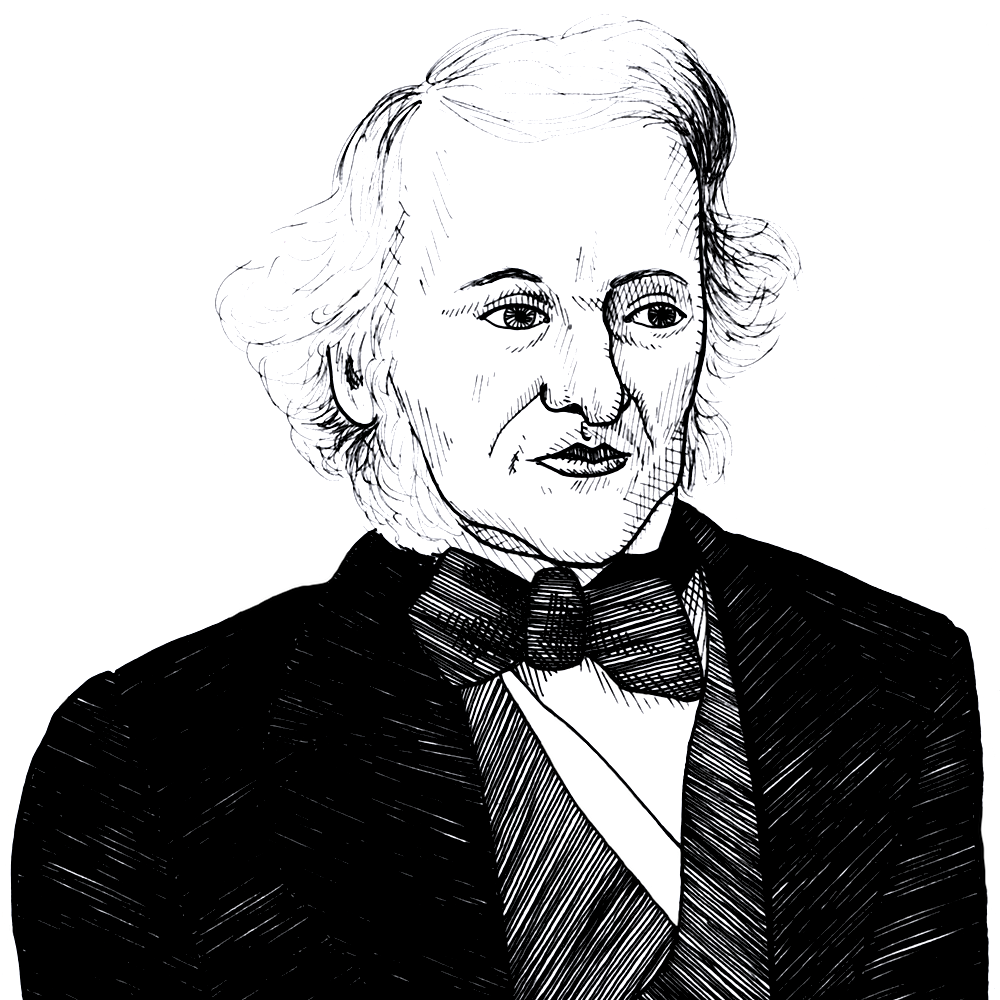
Cobden on the folly of using government force to “protect commerce” (1836)
Found in: The Political Writings of Richard Cobden, vol. 1
The English manufacturer and defender of free trade Richard Cobden (1804-1865) argued that the very nature of trade would be changed if it were “touched by the hand of violence”:
Free Trade
How shall a profession which withdraws from productive industry the ablest of the human race, and teaches them systematically the best modes of destroying mankind, which awards honours only in proportion to the number of victims offered at its sanguinary altar, which overturns cities, ravages farms and vineyards, uproots forests, burns the ripened harvest, which, in a word, exists but in the absence of law, order, and security — how can such a profession be favourable to commerce, which increases only with the increase of human life, whose parent is agriculture, and which perishes or flies at the approach of lawless rapine? Besides, they who propose to influence by force the traffic of the world, forget that affairs of trade, like matters of conscience, change their very nature if touched by the hand of violence; for as faith, if forced, would no longer be religion, but hypocrisy, so commerce becomes robbery if coerced by warlike armaments.